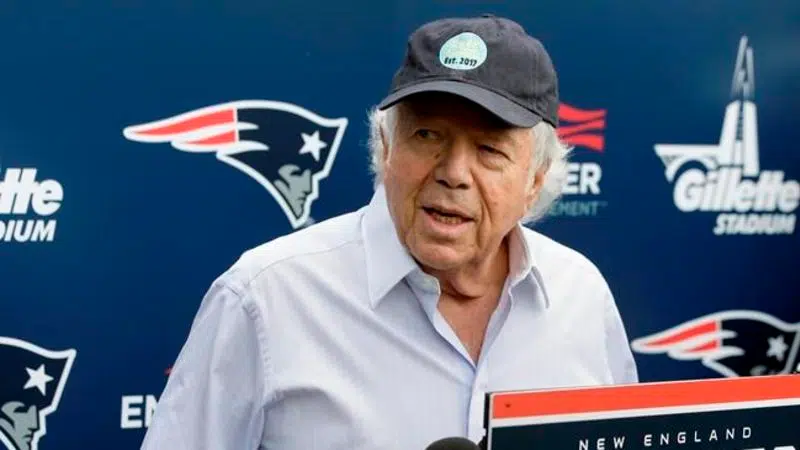
Misbehaving owners hardly unheard of in pro sports
Misbehaving owners of sports teams have drawn headlines pretty much since sports have been around.
Now, New England Patriots owner Robert Kraft faces misdemeanour charges of soliciting a prostitute after police said he was twice videotaped paying for a sex act at a massage parlour in Florida amid a crackdown on sex trafficking.
He joins a list of current and former NFL owners accused of crimes or social misconduct.


